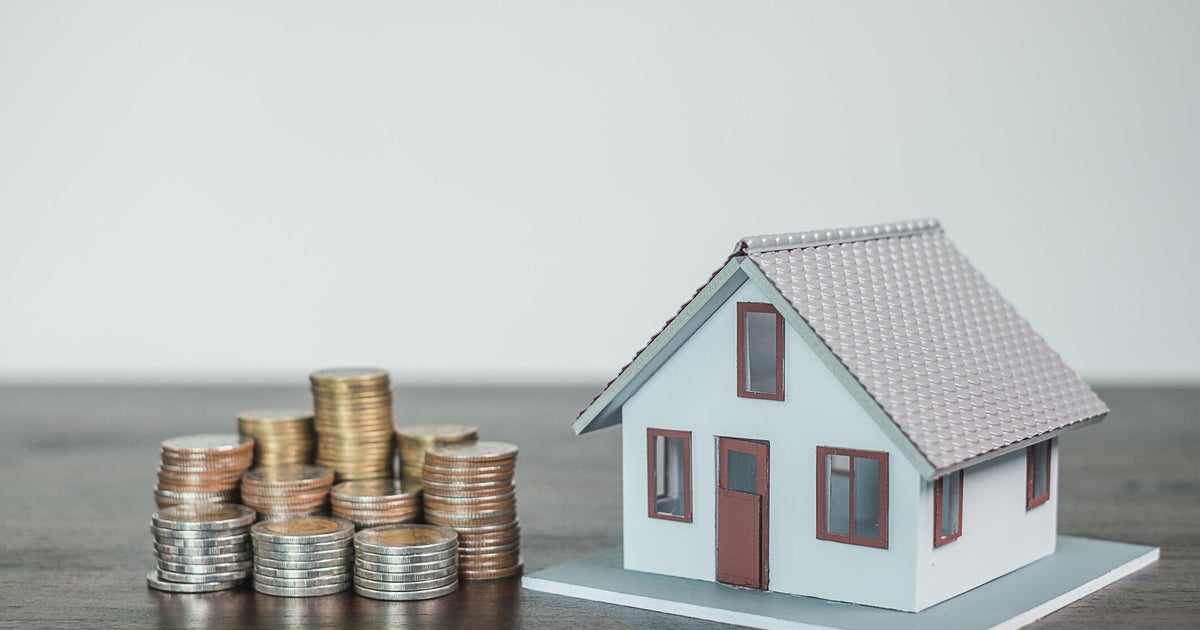What can you use a reverse mortgage for?
In a perfect world, you'd have all the money you need for retirement, allowing you to enjoy your golden years with zero financial worries. But life has a way of disrupting even the best-laid plans. Whether you weren't able to save as much as you hoped or you're facing unexpected expenses, you may find yourself in need of extra money in retirement. If this is the case, a reverse mortgage can help.
Reverse mortgages allow homeowners 62 and older to tap into their home equity for cash. These loans come with unique benefits compared to other financing options, such as eliminating mortgage payments and offering three payment options: lump sum, line of credit or monthly payments. You are not required to repay the money until you move, sell the home or die, at which time you (or your heirs) will pay the lender back with interest.
You can use reverse mortgage funds for many purposes, making this a flexible option to cover a wide range of financial needs. In this article, we'll explore some common ways people use these funds and three uses that are particularly worth considering.
To learn if a reverse mortgage is right for you, see what you could qualify for here.
What can you use a reverse mortgage for?
There are no restrictions on how you use your reverse mortgage proceeds. That said, common uses include:
- Paying off debt
- Covering emergencies
- Home renovations and repairs
- Ongoing medical expenses
- Supplementing income
- Travel
- Paying for children's or grandchildren's education
Best uses for reverse mortgage funds
While the best use for your reverse mortgage proceeds depends on your situation, here are a few suggestions to use each of the three payment types.
Lump sum: Home renovations and repairs
A lump-sum payment is useful for large, one-time purchases rather than ongoing ones (for which a line of credit or monthly payments are better). Since you must repay the entire loan amount (versus only the money you use), you should ensure you get the most out of the money you borrow.
One way to do this is by using the funds to make home repairs and improvements, such as modifications to make the home more accessible. If you use your reverse mortgage proceeds on your home, you may be able to deduct the interest when you sell the home.
"Interest (including original issue discount) accrued on a reverse mortgage isn't deductible until you actually pay it (usually when you pay off the loan in full)," the IRS says. "Also, a deduction of interest may be limited because a reverse mortgage generally is subject to the limit on home equity debt, which is not deductible unless the proceeds are used to buy, build, or substantially improve the home that secures the loan.
Line of credit: Ongoing medical care
A line of credit is well-suited for regular, ongoing expenses. You receive a credit line in a certain amount, and you may withdraw funds up to that amount as needed. You only pay interest on the money you withdraw, and you may pay back the line of credit anytime without penalty, just as you would a credit card. Both of these features can save you from accruing more interest than necessary.
A common ongoing expense for seniors is medical care, including:
- Medication
- Doctor's visits
- Medical equipment
- In-home nursing
- Long-term care
A line of credit can provide the cash reserve you need to cover these expenses as they arise.
Compare your reverse mortgage options online now.
Monthly payments: Supplementing income
Monthly payments provide regular, predictable income, making them ideal for supplementing the income you receive from Social Security benefits, investments and other sources. In addition, the IRS does not classify reverse mortgage proceeds as income, so you won't owe taxes on them as long as you're living in the home.
Other sources of retirement income, such as 401(k)s and IRAs, are taxable, so you lose some of your money to the government. By supplementing your income with reverse mortgage payments, you can withdraw less from these accounts, saving on taxes and allowing your retirement savings to continue growing.
This supplemental income can also boost your Social Security payments. As the Social Security Administration explains, if you delay receiving benefits, "you will earn delayed retirement credits for each month your benefits are suspended which will result in a higher benefit payment to you."
The bottom line
A reverse mortgage can help you pay for all kinds of things in retirement, from daily living expenses to major home repairs. That said, as with any financial product, there are pros and cons to consider. To determine if a reverse mortgage is right for you, carefully consider your needs and long-term estate goals. If you need additional guidance, a mortgage specialist can help.




